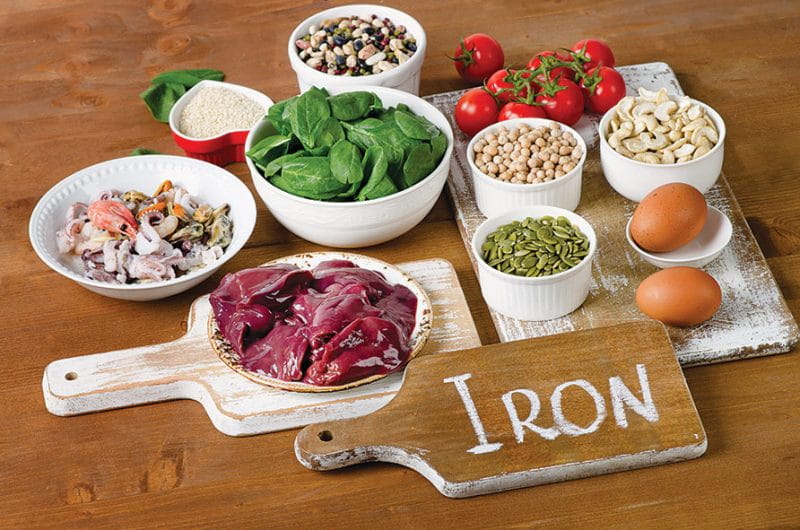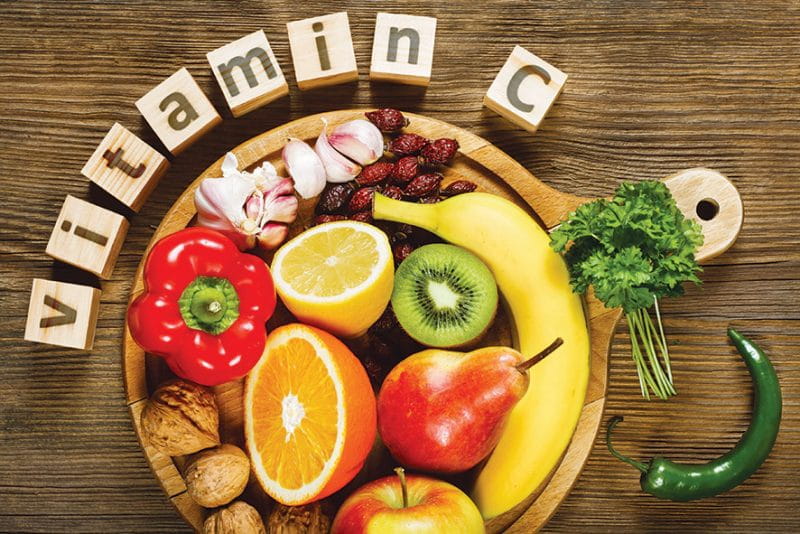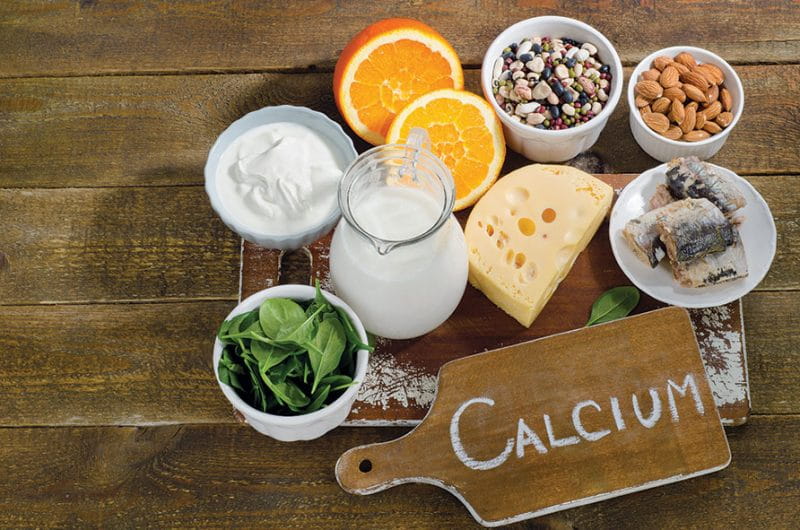While it’s always important to maintain as balanced a diet as you can throughout life, our age also plays a key role in determining our dietary requirements. Because the nutrients that are important for you in your teens might not be what you need in your thirties. DIETICIAN, SHREYA KATYAL lists the foods that are specific to every age group.
Someone has rightly said “We are what we eat”, and our body reflects what we feed it. With ageing, a lot of physical changes occur and one might feel significant changes in the body every year post the age of 30 years.
As per the nutritional recommendations, adulthood is divided into three stages:
- Early Adulthood (19 – 30 years)
- Middle Age (31 – 50 years)
- Early Old Age (51 – 65 years)
With each passing phase, the requirement of food, vitamins, minerals, fat etc., in our body also change. These changes are notably different for both sexes, mainly due to the differences in male and female hormones.
Women’s daily need for calcium and iron increases post 30. Men maintain higher metabolism and muscle mass as compared to females, thanks to their testosterone levels driving up the need for protein, vitamin B complex and zinc. Tailoring the nutritional needs after an age becomes necessary not only for good health, but also to maintain good immunity and stamina for the body, prevent bone and muscle loss and to protect our body cells from free radical damage.

Middle Age I (31 – 40 years)
In our early 30s, age related muscle loss reduces our metabolism thereby reducing our fat burning speed. The body’s calorific requirement begins declining, and if we keep eating as much as we used to in our 20s, we are much likely to gain weight.
To sum it up, with every passing year after the age of 30, men need 10 calories lesser per day, and women need 7 calories lesser per day. Thus, the unwanted and extra calories from sugary foods, desserts, starchy foods, alcohol etc. definitely need to be cut down, while focusing more on vitamins and minerals such as calcium, folate, iron and magnesium.

Middle Age II (41-50 years)
The body’s calorific requirement reduces further in the 40s. Men should be reducing their daily calorie intake by 100 calories while women by 70 calories. Omega-3 and Omega-6 fatty acids intake should be boosted in the form of chia seeds, flax seeds, fatty fish, fish oil, and avocados. Healthy fats, in the form of dried fruits, also play a crucial role in decreasing inflammation in bones and joints, keeping the cholesterol levels normal, and ensuring the smooth functioning of the body. A lot of bone problems such as steoporosis, osteoarthritis, arthritis, gap in knees, etc. start occurring in this decade because of obesity, improper diet, low calcium and vitamin D levels. These can be prevented if we take care of our diet and nutrition. Although our vitamin and mineral requirement remains pretty much unchanged in the 40s, both sexes should focus more on whole grain and nutrient dense foods, not just to meet their daily nutritional requirements, but also to pave a healthy way for the next few decades. Foods rich in antioxidants (vitamins C & E) should be an integral part of the diet to ward off harmful free radicals. Majority of women start facing pre-menopausal and Menopausal symptoms, and all these foods help in dealing with all the hormonal imbalances, mood swings, hot flushes, bloating, etc.

Early Old Age (51-65 years)
As we cross the Golden Age, the daily calorific requirement drops to its lowest. At this age, women need 1200 mg of calcium daily to help cope up with the weakening of bones that occurs after menopause. Men, on the other hand, don’t require much increase in daily calcium intake till the age of 71, post which fracture rate and bone loss risk rises significantly. Vitamin D absorption also reduces for men and women post 50, and adequate supplements are required (1000 – 2000 IU) to maintain adequate stores.
Another deficient nutrient at this age is vitamin B12, which is needed to make red blood cells, nerves and DNA. Vegetarians are mostly deficient in vitamin B12 as compared to non- vegetarians, and a supplement or injection for the same is advisable.
Additionally, all adults should focus on eating more fibre, wholegrains, fruits and vegetables, lean proteins, and milk while avoiding excessive sugar, sodium and saturated fats.
Smaller but frequent meals should be adopted with a minimum daily intake of 10–12 glasses of water. Walking or any physical activity must be a part of lifestyle, to stay healthy and also to keep all medical problems at bay.
The biggest mistakes we make as we age is not realising the need for change and taking our body for granted. We stick to the same routine, diet and activity levels, which results in the various medical issues and lifestyle disorders that we face as we age. Ageing is inevitable, but with a proper diet, nutrition and lifestyle, we can prepare our bodies for a disease-free and healthy old age.


